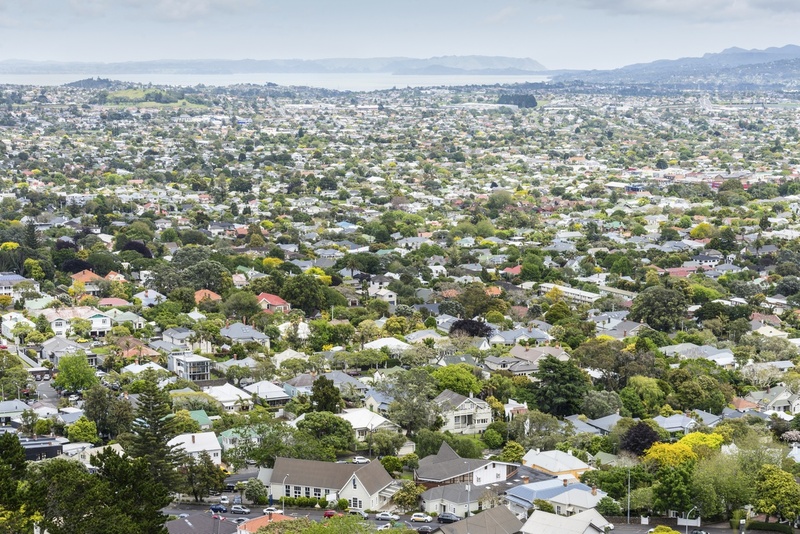The Impact of Airbnb on Auckland's Long-Term Rental Market

When New Zealand’s borders closed in 2020, the supply of properties on Airbnb dropped off sharply as many were rented out long-term, sold or became the owner’s primary residence. However, after borders re-opened, demand for Airbnbs spiked by 228% in Auckland. What does this mean for Auckland’s long-term rental market?
If you’re considering switching to your property to an Airbnb, read on as we discuss how the rise in popularity of Airbnb’s has impacted the rental market in different suburbs across Auckland.
Higher Rents in Central Auckland
Different suburbs in Auckland feel the impact of short-term rentals differently.
In Central Auckland, as accessibility and convenience attract tourists, demand for short-term accommodation in apartment-dense areas increases. As the tourism industry regains momentum, visitors from overseas are booking short-term accommodation predominantly in Central Auckland. Once tourism returns to full swing, property owners may be attracted by the high rental income yield on Airbnb and convert their property into short-term accommodation. Along with the rising interest rates and new mortgage interest deductibility laws, property investors may be considering a move to the more lucrative short-term rental market. With some property managers offering a comprehensive service for short-term rentals, this transition can be seamless for property owners.
With international students returning to Auckland from overseas, and people considering a move downtown due to traffic congestion, demand for long-term rentals in the CBD is also increasing. An inevitable consequence of high demand and low supply is a rise in rents.
Lower Rents in Certain Suburban Areas
In low-density residential neighbourhoods that are predominantly occupied by families, it is easier for locals to notice a change in neighbours. An increase in noise comes hand in hand with short-term rentals as holidaymakers are looking to kick back, relax and have a good time!
Unfortunately for some long-term residents, this changing dynamic may drive them out of the neighbourhood. When a property becomes available in a suburb that is perceived as less desirable, this can cause a decrease in price as demand is lower.
The bottom line…
The long-term rental market in Auckland CBD has been significantly affected by the resurgence of short-term rental options, and this trend is expected to persist due to an increase in tourism coupled with macroeconomic factors. As a result, tenants may be at a disadvantage, but landlords may benefit from high occupancy rates in their short-term rentals.
On the other hand, in low-density residential areas, an increase in Airbnbs and short-term rentals may lead to a decline in investment property value and attractiveness to tenants who seek a safe and stable neighbourhood. For tenants who don’t mind sharing their neighbourhood with tourists, this could play to their advantage.
